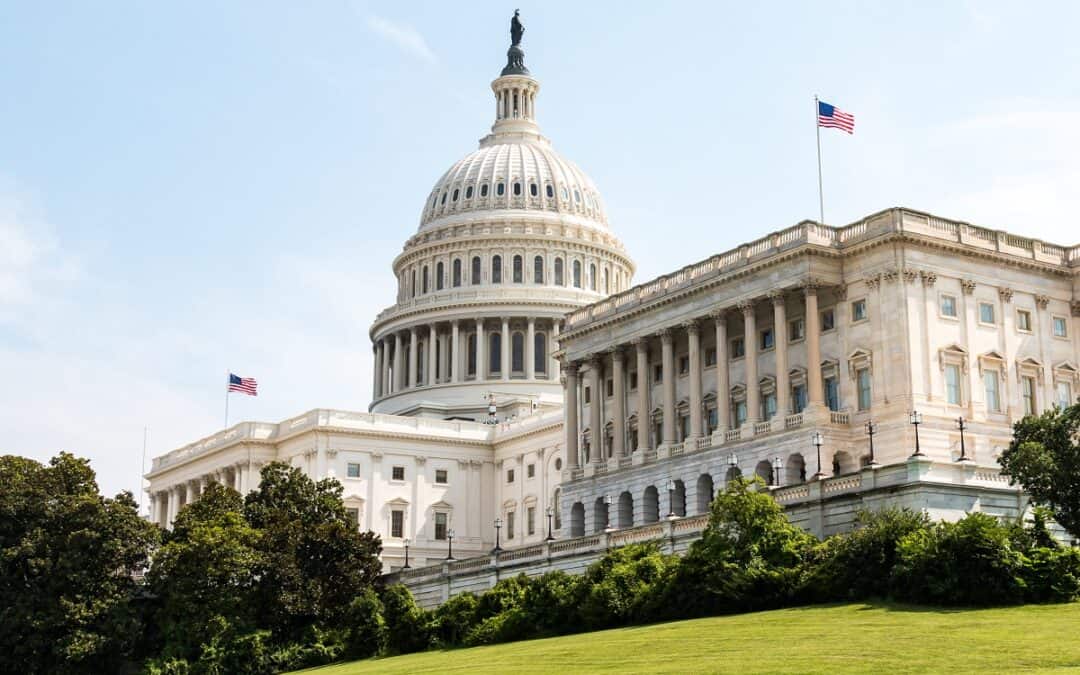On Friday, November 5, 2021, the U.S. House of Representatives passed the Infrastructure Investment and Jobs Act. Beginning in 2022, the federal government will invest $1.2 trillion over five years in new spending on transportation, water and power infrastructure, and pollution cleanup, in addition to regular annual spending on infrastructure projects. The act includes several tax provisions, with the most significant being the early termination of the Employee Retention Tax Credit (ERTC) as of September 30, 2021. Additional tax provisions include new cryptoasset reporting requirements for brokers, modifications to automatic deadline extensions for federal disaster relief and more. The infrastructure bill previously passed the Senate in August and is expected to be signed into law by President Joe Biden.
Employee Retention Tax Credit
In March 2021, the American Rescue Plan Act extended the ERTC through the end of the year; however, the infrastructure legislation that passed the House last Friday cuts that extension short. Wages paid after September 30, 2021, will no longer be eligible for the credit, except for wages paid by select recovery startup businesses.
The Internal Revenue Service (IRS) previously released guidance through Notice 2021-49 for businesses claiming the credit in the latter half of the year. Many taxpayers have already claimed credits for the fourth quarter of 2021 via an advance credit request or reduced withholdings. Additional guidance from the IRS is expected as to how these claims will be handled.
Other Tax Provisions:
In addition to the ERTC, the Infrastructure Investment and Jobs Act includes additional tax provisions, including:
- Cryptoasset Reporting: Brokers will be required to report on any cryptoassets transferred to an account not maintained by a broker.
- Disaster Relief: Certain automatic deadline extensions will be modified for taxpayers affected by federally declared disasters.
- Highway-related Taxes: Several current highway-related tax exemptions will be extended to the fiscal year 2028.
- Superfund Excise Taxes: Excise taxes will be reinstated on specific chemicals and chemical product imports.
- Private Activity Bonds: Eligibility for private activity bonds will be expanded to qualified broadband projects and carbon dioxide capture facilities.
If you have questions about how these tax provisions will impact you or your business, the Moore Colson Tax Practice is here to help. Don’t hesitate to contact us for more information.



